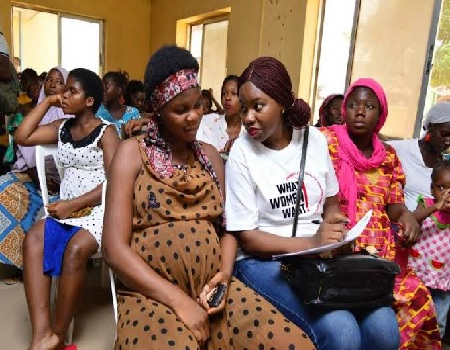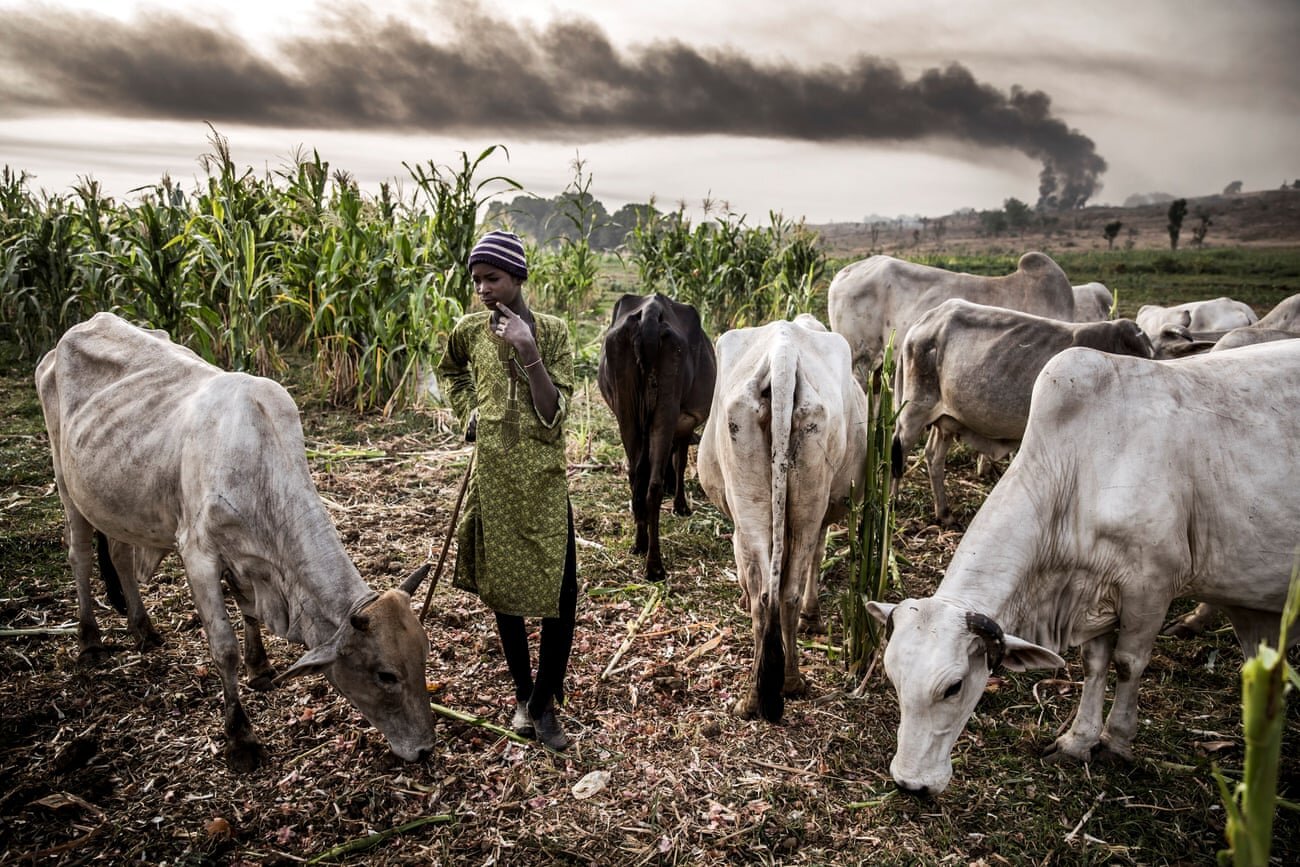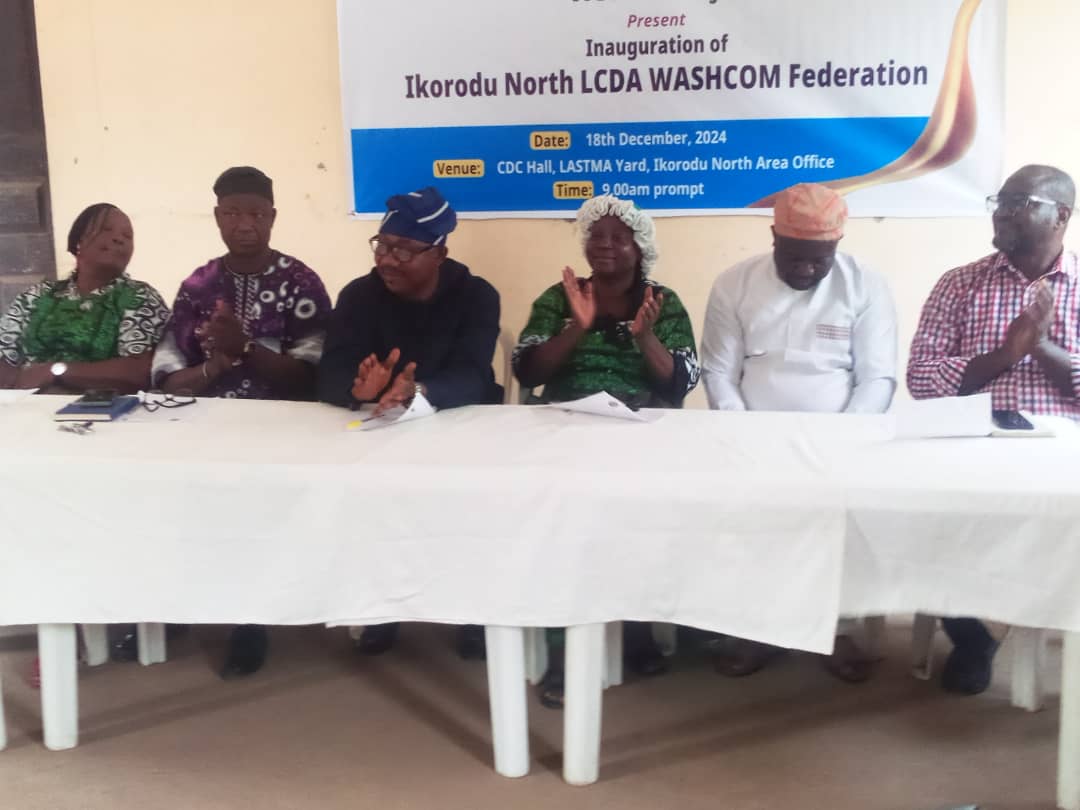
The Federal Government has reaffirmed its commitment to advancing adolescent and youth sexual and reproductive health (AYSRH) as a cornerstone for national development, economic growth, and improved human capital outcomes.
Coordinating Minister of Health and Social Welfare, Professor Muhammad Pate, stated this on Monday in Abuja during a two-day National Policy Dialogue on Adolescent and Youth Sexual Reproductive Health and Development (AYSRH&D), organised by the Society for Family Health (SFH).
Represented by Binyerem Ukaire, Director and Head of the Department of Family Health, Mr Pate emphasised that sexual and reproductive health is not only a public health priority but also a social justice imperative and a critical driver of Nigeria’s long-term prosperity.
“When youth access accurate information, quality services, and supportive systems, they make informed decisions that influence their education, well-being, and economic participation,” he said, while warning that barriers such as gender inequality, early marriage, poor access to care, unsafe sex, and drug abuse continue to threaten youth development.
The minister said the Federal Government remains committed to strengthening reproductive, maternal, newborn, child, and adolescent health services through the Nigerian Health Sector Renewal Investment Initiative under a sector-wide coordination approach. He pointed to policies like the National Policy on Health and Development of Adolescent and Young People, which seek to improve inclusivity and equity in health service delivery.
Describing the dialogue as a platform for galvanising leadership and data-driven solutions, Mr Pate called for greater collaboration to ensure every Nigerian adolescent, regardless of gender or background, has access to comprehensive sexual and reproductive health services.
Omokhudu Idogho, Managing Director of SFH, highlighted demographic trends shaping Nigeria’s policy direction. He noted that while the national fertility rate declined from 5.3 per cent in 2018 to 4.8 per cent in 2024, teenage pregnancy remains high at 15 per cent, especially in rural and low-income communities.
Mr Idogho, represented by SFH Deputy Managing Director Jennifer Anyanti, also raised concerns over HIV prevalence among youth, which stands at 5.2 per cent—above the national average—and a 17.2 per cent STI incidence rate among young women, based on the 2023/2024 National Demographic and Health Survey (NDHS).
He called for a multi-sectoral approach to adolescent health that integrates education, life skills, mental health, and social protection into development strategies, citing initiatives like MAMII, Yo! Health, AGILE, and expanded health insurance as crucial for scaling adolescent-friendly services nationwide.
NDC 3.0: Nigeria’s Climate Future Lies in State Leadership
Adamawa State Commissioner for Women Affairs, Neido Kofulto, urged traditional and religious leaders to help dismantle stigma around menstrual and reproductive health, advocating for open dialogue to foster prevention, early detection, and community support.
“This dialogue is a chance to ensure every Nigerian adolescent, regardless of sex, location, or background, accesses quality sexual and reproductive health information, education, and services for a healthier future,” Mr Pate added.





